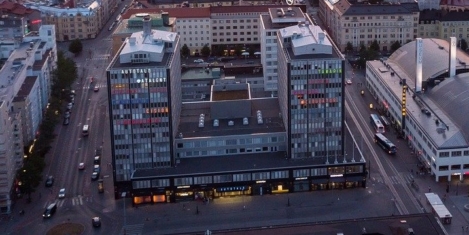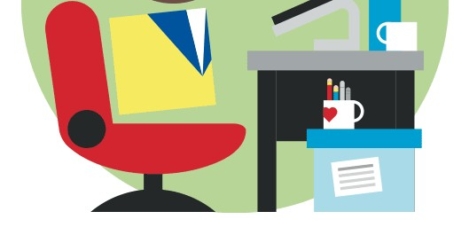To provide the best experiences, we use technologies like cookies to store and/or access device information. Consenting to these technologies will allow us to process data such as browsing behaviour or unique IDs on this site. Not consenting or withdrawing consent, may adversely affect certain features and functions.
The technical storage or access is strictly necessary for the legitimate purpose of enabling the use of a specific service explicitly requested by the subscriber or user, or for the sole purpose of carrying out the transmission of a communication over an electronic communications network.
The technical storage or access is necessary for the legitimate purpose of storing preferences that are not requested by the subscriber or user.
The technical storage or access that is used exclusively for statistical purposes.
The technical storage or access that is used exclusively for anonymous statistical purposes. Without a subpoena, voluntary compliance on the part of your Internet Service Provider, or additional records from a third party, information stored or retrieved for this purpose alone cannot usually be used to identify you.
The technical storage or access is required to create user profiles to send advertising, or to track the user on a website or across several websites for similar marketing purposes.
 One of the surprising consequences of the current lockdown for many people is that they are sleeping more soundly. A new study claims that nearly two thirds of people are getting the same amount or more sleep than they were before the UK went into lockdown on March 23rd. However the report also uncovered some troubling attitudes amongst groups of people, even though the majority are informed and behaving as advised. (more…)
One of the surprising consequences of the current lockdown for many people is that they are sleeping more soundly. A new study claims that nearly two thirds of people are getting the same amount or more sleep than they were before the UK went into lockdown on March 23rd. However the report also uncovered some troubling attitudes amongst groups of people, even though the majority are informed and behaving as advised. (more…)




































April 10, 2020
When it comes to the future of work, we only know what we don’t know
by David Clements • Comment, Workplace design